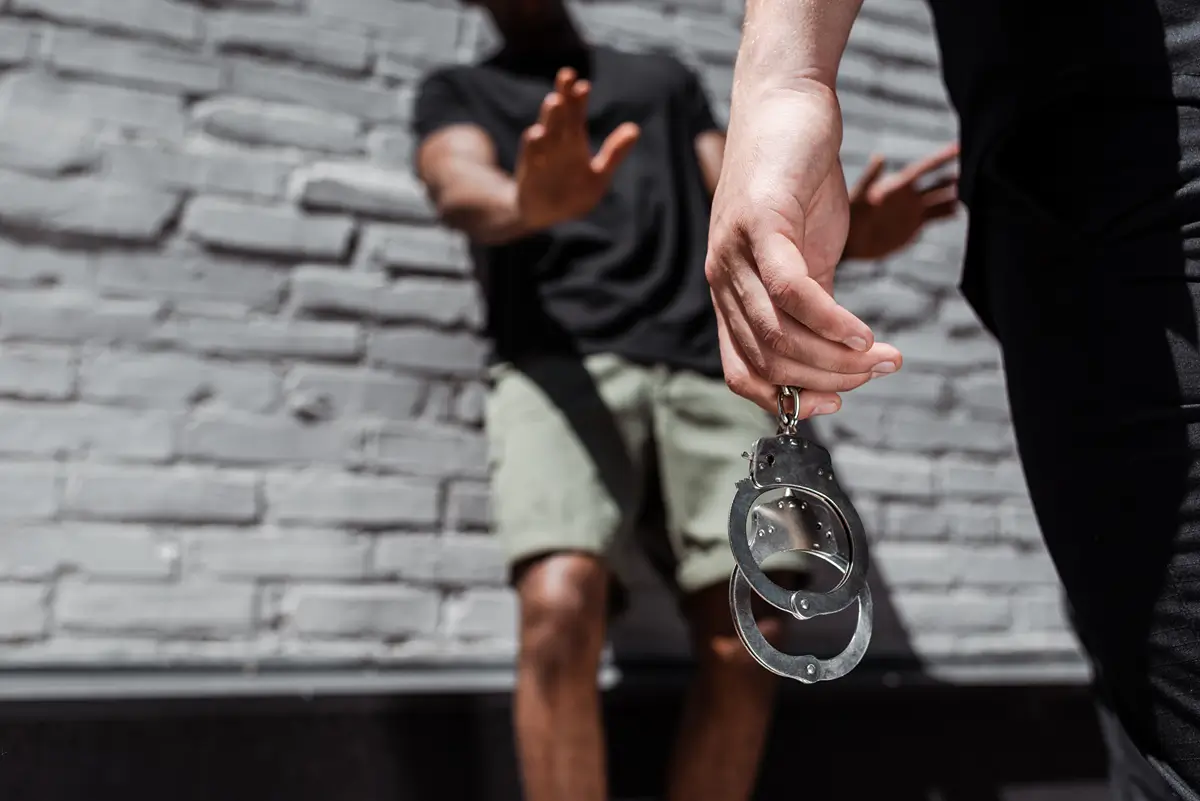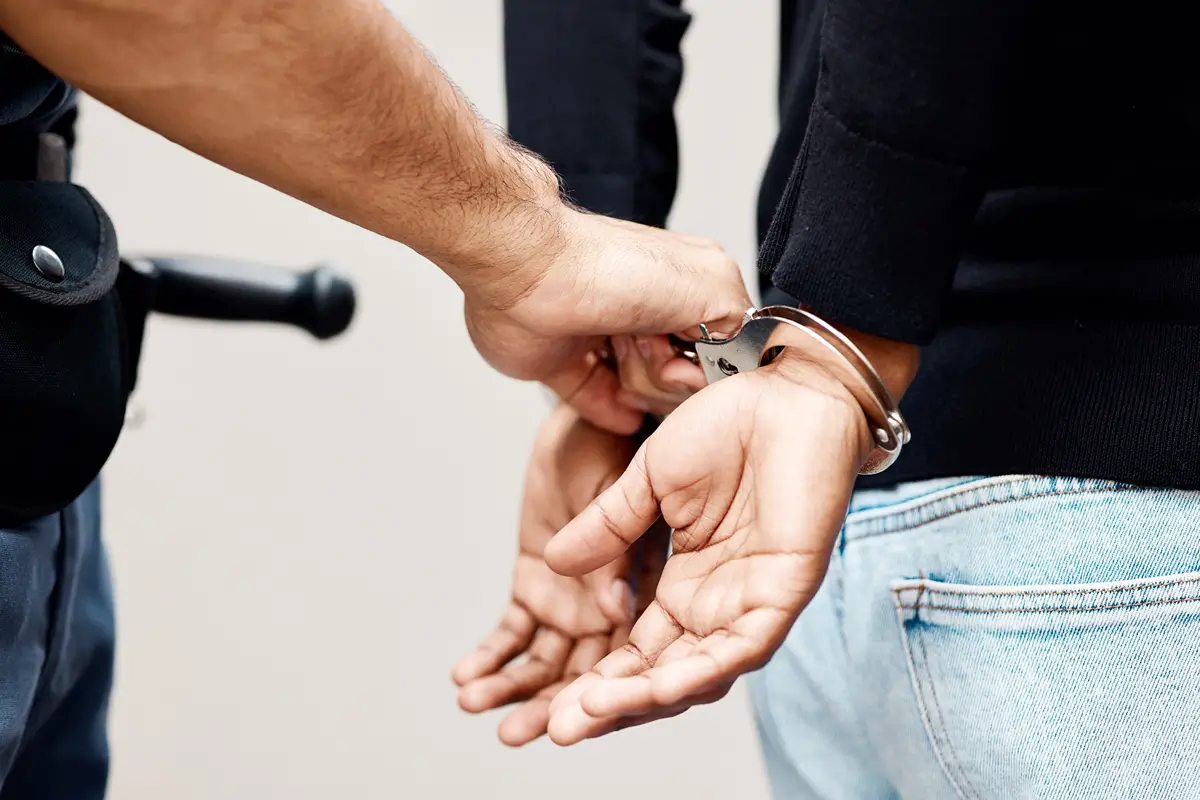What happens when you undergo a trial and get convicted? If you face this issue and live in Indiana, there are still a few options for you!
One option is to appeal the determination at an Intermediate Court of Appeals before moving to individual Supreme Courts. This is called a direct appeal.
This appeal needs to happen quickly. In Indiana, you have a 30 day period from the date of sentencing to file this appeal. There are several key points to keep in mind when considering when filing for an appeal at this level.
Trial Courts to the Courts of Appeal in Indiana
One of the features of the trial courts in Indiana is they have the power to make determinations based on witnesses’ credibility, evidence, etc. If you’re convicted and request an appeal, when you appeal in the Court of Appeals, you cannot question a witnesses’ credibility and anyway ask for recharging the testimony. The appeal is concerned with the possibility of an event that is legally impermissible. The Court of Appeals are considered to be the ‘triers of the law.’
For instance, the most appealed element is the instruction of the jury. If your attorney submits jury instructions and the trial court doesn’t give them, you could make the argument to the Court of Appeals that if they were given the instruction, they may have ruled differently.
Taking the Subject to Supreme Court Level
Everyone can appeal their case to the Intermediate Court of Appeals, but State Supreme Courts as well as The Supreme Court of the United States have a significant amount of discretion over what appeals they do or do not accept.
The national-level courts like US Supreme Court are only an option after your appeal or petition is been rejected by the Indiana Supreme Court. The Indiana Supreme Court requires you to file a petition to transfer the case called “Yari.” It’s much easier to have your case reviewed by the Indiana Supreme Court than the United States Supreme Court because most criminal prosecutions are brought under state law.
To transfer a case to the Supreme Court level, an argument must be made that the decision of the Court of Appeals was in violation of a prior Court of Appeals or Supreme Court decision, or that some aspect of Constitutional Law was ignored.
As found in the case of Ernesto Miranda, an argument was made concerning the violation of constitutional rights to remain silent and have representation present. Due to this argument, the case was being presented at the United States Supreme Court. Had they not brought that into play, there wouldn’t have been any basis to get in front of the Supreme Court.
When the Appeal is Successful?
What if you’re convicted of a crime, make an appeal to the Court of Appeals and you win, what’s next? Are you free and clear?
No. The Court of Appeals does NOT exonerate you. This ruling simply determines if there was an issue of law. You’ll then need to do is repeat the entire process at the trial court as it basically “resets the clock” to the day before the trial started. Direct appeals usually happen fast enough that it’s possible to retry the case as most of the witnesses and evidence is still available.
However, the prosecutor does have the option to either pursue the case again or they can sign a new plea agreement.
It’s worth noting that roughly 11% of the appeals made by criminals or defendants have positive results in Indiana. It’s certainly big, but what comes next is the wait for another 9 months to completely get out of the situation.
Post-Conviction Relief
Another aspect of events after conviction include PCR or Post-Conviction Relief. PCR is a civil proceeding for criminal trials. It is essentially a ‘trial on the trial.’ When you file a PCR, you’re alleging that your incarceration or your conviction is in violation of the State or Federal Constitution for one reason or another.
The primary reason you’ll see someone file a PCR procedure is when the defendant is alleging that they received ineffective assistance from their trial counsel. The idea is that the trial attorney was so deficient in his or her performance that if affected the outcome of the case and any reasonable defense attorney would have done a better job.
The second reason you’ll see for someone filing a PCR is an argument that there is newly discovered evidence that was not capable of being located with due diligence at the time of the original case.
Example – murder or sexual assault cases where people have been in jail for 20 or 30 years but there’s new DNA testing available that can be used to possibly exonerate them.
When you file a PCR, you really only have one chance for it to go your way as there is a limit unless you have compelling new evidence. A second one requires unique grounds such as finding new evidence and you’ll need the court’s permission to file it. However, you can appeal it. You have one direct appeal as a matter or right.
Sentence Modification
Apart from going to the Court of Appeals, Supreme Court and PCR, there is another way called sentence modification through a direct appeal, however it is challenging to win. This process needs to put in motion immediately after sentencing as you only have 30 days from your sentencing date to make your appeal. It typically relies on there having been an abuse of discretion at the trial court level.
Sentence Modification is not available to everyone. If you sign a guilty plea agreement, that is basically a binding contract with the prosecution. If you want to change it, you need to get their written permission which is nearly impossible.
Conclusion
All in all, one could say that options are always there. Based on circumstantial elements of the case along with the background, one can challenge his or her conviction in Indiana. PCRs could be lengthy, so opting for appeal at the Court of Appeal is usually a suitable option.
Life after conviction can be difficult, especially in absence of ideal guidance which is why it’s a good idea to secure a good legal team to support you through the process. If you are convicted in Indiana and are in need of good representation, connect with our team and let’s go over your options. Our experts will certainly explore the best opportunities, all you have to do is get in touch and we will solve your difficult situation in the best way possible.






